The UZAZU Story
Learn how this unique embodiment method came to be.
UZAZU began twenty years ago as Dylan Newcomb's personal quest as a professional dancer & musician, determined to find ways he could use voice & movement to cultivate more positive thoughts, emotions and relationships in his life.
His 'personal quest' was to lead him to something larger.
Several government research-grants, hundreds of workshops, and thousands of participants later, UZAZU has grown & evolved into one of the most practical and effective personal development & state-shifting methods within the rapidly growing field of Embodiment Practices.

A Need to Shift From 'Making Good Art' to 'Living a Good Life'...
In 1998, future UZAZU-founder Dylan Newcomb was, in many respects, a happy and successful professional artist. Every day, as a dancer, choreographer and composer living in the Netherlands, he got to do something he loved and be appreciated & well-paid for it.
But despite this apparent success, he became increasingly disgruntled. Once out of the studio or off the stage, Dylan noticed the positive feelings of being 'fully in the zone’ would often tend to fade away. And, not unimportantly, he found that much of his professional skill with music & dance seemed not to be not translating over into skillfulness in his personal life—with how he managed his own thoughts, emotions and close relationships.
This stark contrast between his professional and personal life led him to this inquiry: "Is there a way I can also use sound & movement to help me with the main life challenges I'm experiencing? How can I move past or through my negative thoughts & judgements, make more effective decisions, and have better, happier relationships?"
Pursuing this question would eventually lead him to the creation of a fully developed 'embodied method' for personal growth and healing.
It all started with a small, two-week sound & movement research project in Amsterdam...

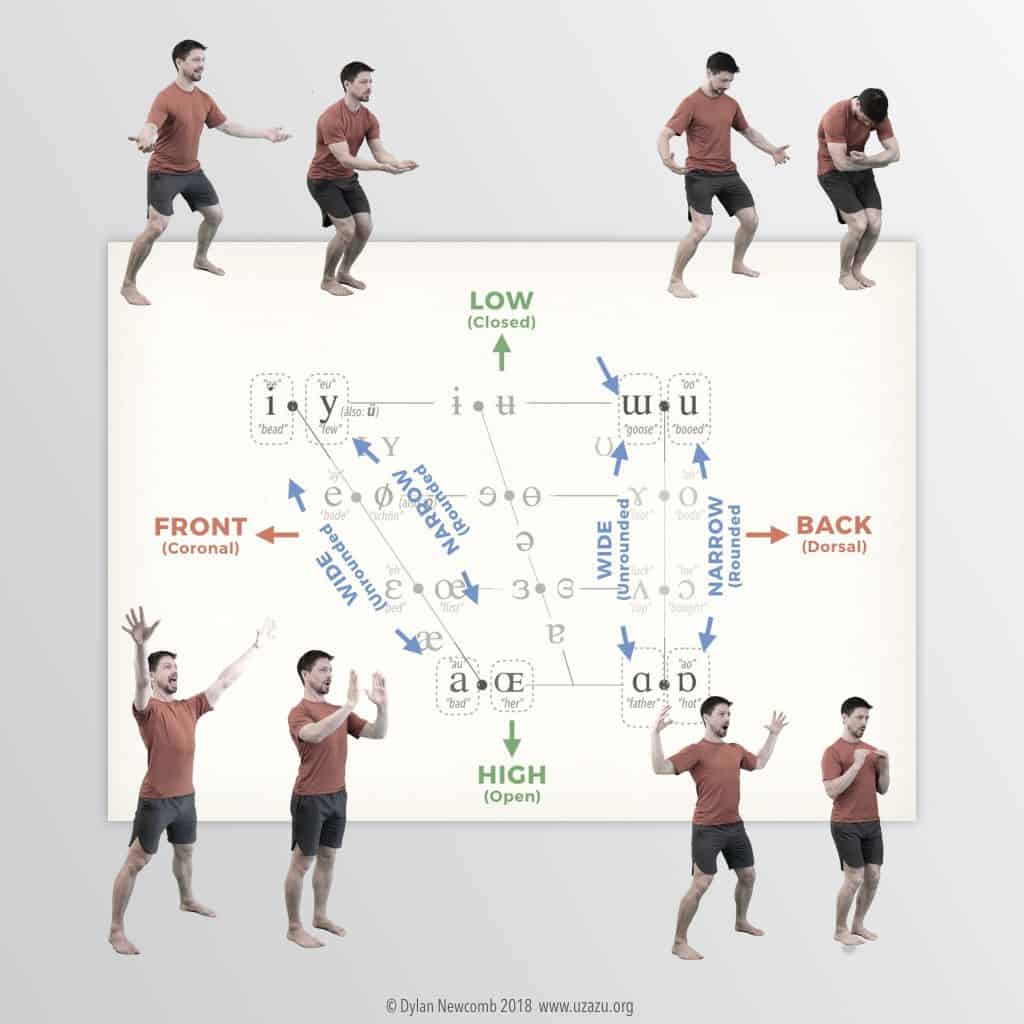
Down the Rabbit-hole of Sound & Movement Research...
2001 - 2006. The first research project Dylan conducted was with a few fellow dancers, funded by a movement research institute in Amsterdam. In an attempt to gain insight into the embodied connection between making sound & making movement, they explored the question: “When we shape vowel sounds with our mouth, do they have any specific, consistent effects on how the rest of our body tends to move? And if so, do those vowel-movement combinations stimulate any specific, consistent feeling states?”
To their surprise, they found that articulating each vowel sound caused the mouth & throat to move in a specific way, leading the entire body to want to
move in a very similar way, like a larger fractal of the same movement pattern. And this 'doubling effect' of vocal and bodily movement tended indeed to quickly stimulate specific feeling states or moods, which then also made one more likely to behave & interact in certain ways.
(Years later Dylan would discover the seminal work of Dr. Stephen Porges and his Polyvagal Theory, which explains the powerful Autonomic Nervous System based
link between modulating one's mouth & throat area and changing one’s energetic-emotional state.)
More similar research grants followed over the next few years. Dylan investigated more in-depth how this powerful voice-body-movement & thought-feeling-behavior connection played out across different ages and cultures. It became very clear, for example, that people exhibit strong individual differences in which vowel-movement patterns they feel more comfortable doing, and this is consistently reflected in the kinds of thoughts, feelings, and behaviors they manifest.
These vowel-movement combinations were studied in relationship to various existing models of both Personality Type and Developmental Stages. This revealed striking insights into the the non-cognitive, embodied, somatic roots of personality & behavior, as well as what kinds of movements and patterns of embodiment support growth (or re-integration) at which developmental stages.
In this key period of ongoing research & development, a core body of embodiment practices emerged that appeared to significantly help people quickly open up to and consolidate new pathways of feeling states and behaviors.
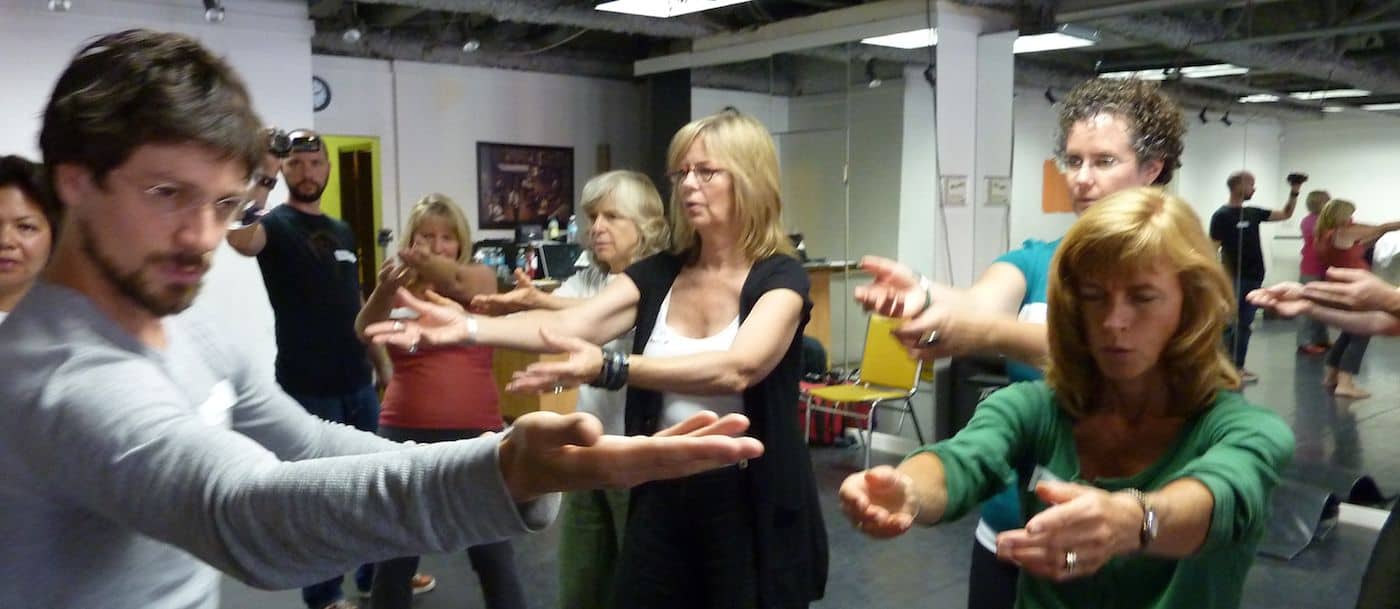

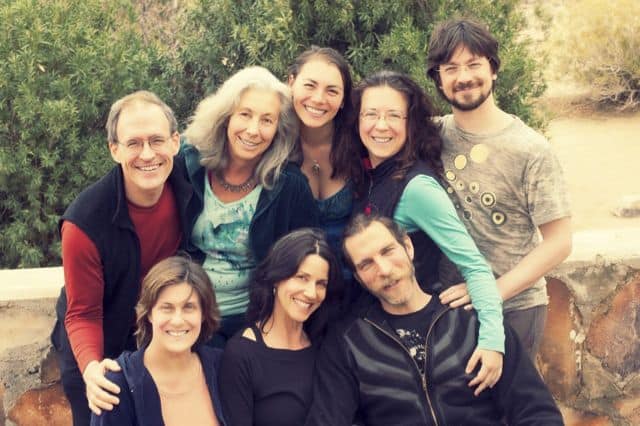
UZAZU ‘Officially’ becomes an Embodiment Method
2007 - 2012. During its initial research and experimentation phase, ‘UZAZU’ was developed by Dylan within the dance & music world, primarily funded by research grants from Dutch cultural institutes. Over time, however, the locus of this activity gradually shifted from the arts world to the world of personal development and 'the embodiment scene'.
The first formal presentation of UZAZU outside of the arts world was in 2008, in the United States, together with key collaborator Peter Merry (who, at the time, was Director of the Center for Human Emergence in The Hague) at the Integral Theory Conference in JFK University. Following a well-received presentation of the research and a short workshop, invitations to teach workshops started coming in from various human development organizations around the world.
Over the next three years, over 100 workshops were taught across three continents, 2,564 ‘UZAZU practice' DVD's were sold, and UZAZU grew into a unique & potent new option within the landscape of embodied practices.
In 2010, responding to people’s desires to embody the work more deeply and to use it professionally with others, Dylan trained and certified 10 UZAZU group class teachers. In 2012, he trained and certified 18 UZAZU Embodied Change Facilitation Coaches.
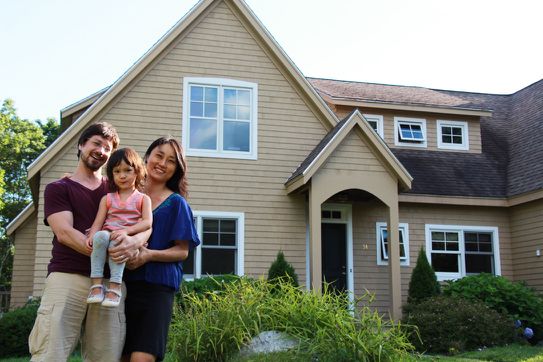
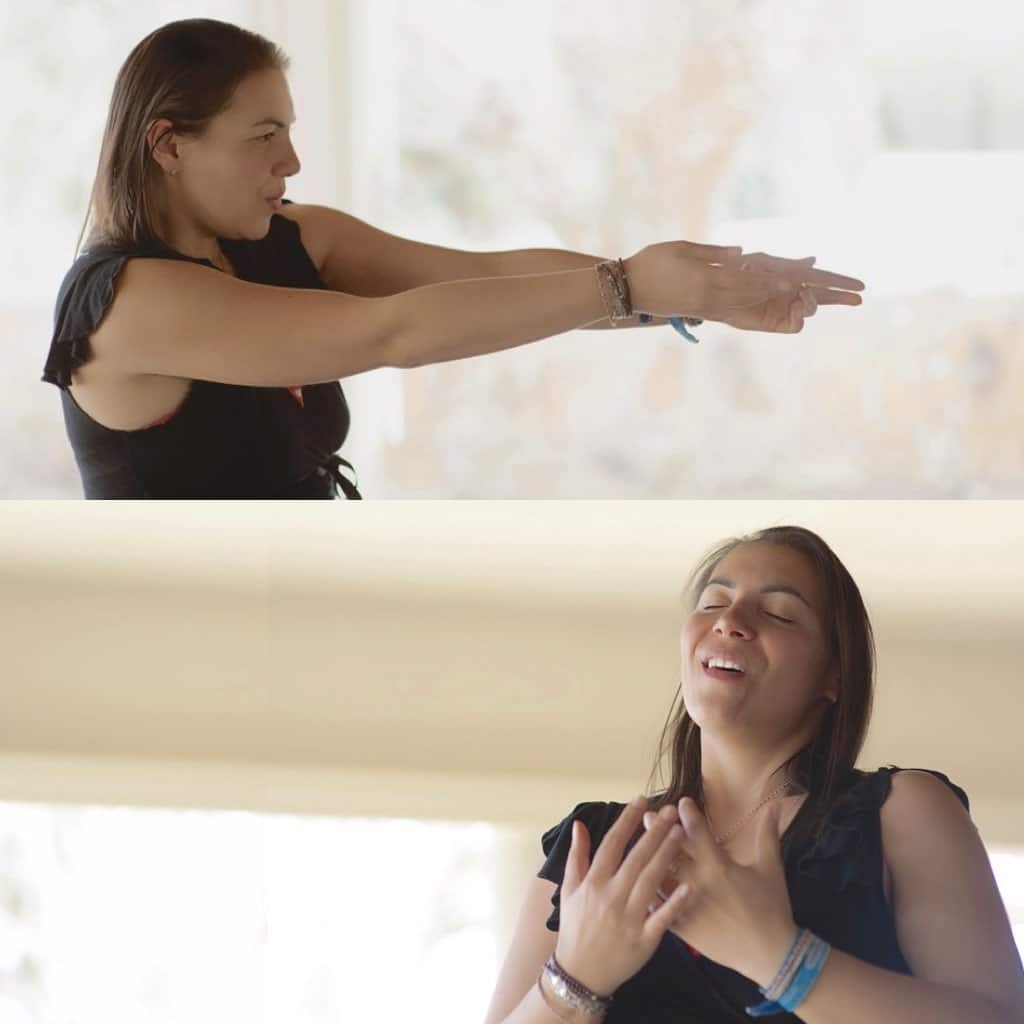
Turning Inward
2013 - 2017. One might expect that next would follow a repetition of the Certification Trainings and growing the base of the practitioner community.
But that same year, Dylan became husband (to Kyung-sun Baek) and father. The new family moved from the Netherlands to the countryside of Freeport Maine, USA (close to where Dylan grew up) to raise their new daughter Kiana. A heavy touring & teaching schedule wasn't right for the three, so for the next four years Dylan focused primarily on 'family nesting' while further developing UZAZU within the context of his own private coaching practice.
Working one-on-one with private clients over longer periods of time gave Dylan the opportunity to deepen UZAZU's effectiveness with a wide range of topics, from life purpose to re-patterning limiting beliefs, to working with family systems and marital dynamics, to integrating early childhood trauma.
In tandem to this period of intensive 1-1 applied research, Dylan immersed himself in intensive additional study in the UZAZU-related fields of Embodied Cognitive Neuroscience, Polyvagal Theory, Phonology, Dynamical Systems Theory, Personality Theory, and Developmental Ego Psychology.
This inward turn for the modality turned out to be surprisingly generative for the further maturation of both UZAZU's underlying theoretical clarity and the depth and effectiveness of its embodied techniques & practice. This, in turn, lead to the birth of what Dylan informally refers to as 'UZAZU 2.0'.
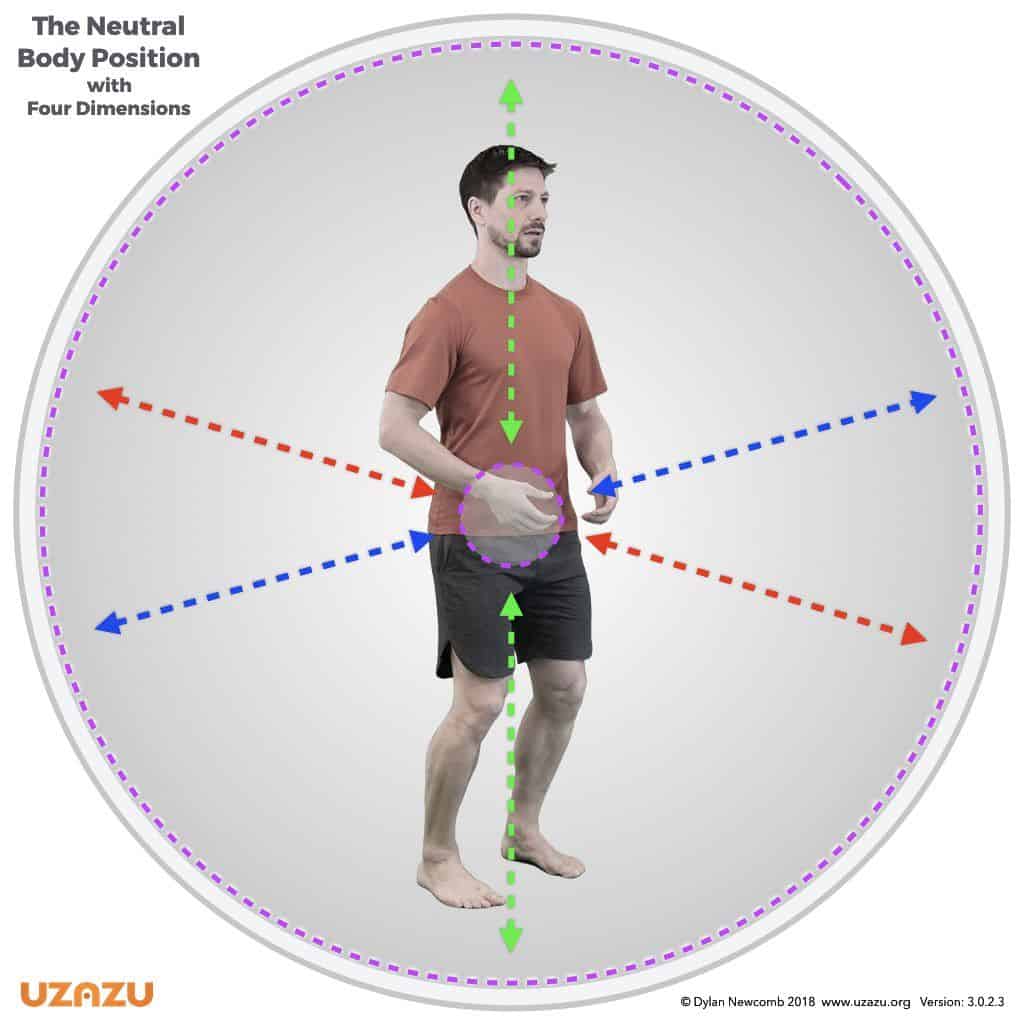


UZAZU 2.x makes Embodiment More Easily Learnable than Ever
2018 - present. The winter and spring of 2018 marked the public re-emergence of UZAZU as an easily learnable embodiment method and daily practice form.
Throughout the first months of 2018, Dylan conducted beta-test workshops with different groups of people, testing & validating its various accompanying self-assessments.
In late May 2018, Dylan launched the first complete online course for learning and practicing UZAZU in over four years: The Foundations of UZAZU Embodied Intelligence. This in-depth, highly interactive course guides people through a simple-yet-comprehensive approach for how to consciously 'use' your embodied awareness to live in deep, grounded and joyous connection with your self and others.
In the Fall of 2018 and 2019, Dylan taught the first live UZAZU workshops in almost five years, in the Netherlands, France, Belgium, Russia, and the U.K.*
Around this time Dylan and friend and colleague Deb Grant began a deeper collaboration in UZAZU. A body-oriented psychotherapist, somatic movement therapist, workshop leader on applying somatic approaches to the Polyvagal Theory for helping professionals, and improvisational dance teacher, Deb offered her own unique skill set to the modality and to the UZAZU trainings Dylan & Deb began to offer together to the public.
*If you are interested in helping host an UZAZU workshop in any country, please send an email to dylan dot newcomb at uzazu dot org to start a conversation—we're currently planning the 2023-2024 seasons.
Main upcoming UZAZU projects include:
- A fourth cohort of the 9-month UZAZU Practitioner Certification Training for qualified personal development professionals starting September 2023.
- The further refinement and validation of the UZAZU Embodied intelligence Self-Assessment, and a large-scale comparison study of how it correlates to "the Big Five" and Myer-Briggs personality models & assessments.
- And the further development of an online suite of various daily UZAZU practices to support optimal performance, relational intelligence, and deeper healing and integration.
Interested in Learning More?
Take the free Self-Assessment
This 15-minute self-assessment helps you identify your specific balanced and imbalanced state activations.
Subscribe to Our Mailing List
Stay informed about the new articles, free video trainings & webinars, online courses and live workshops.
(We will NOT spam you or share your email!)

